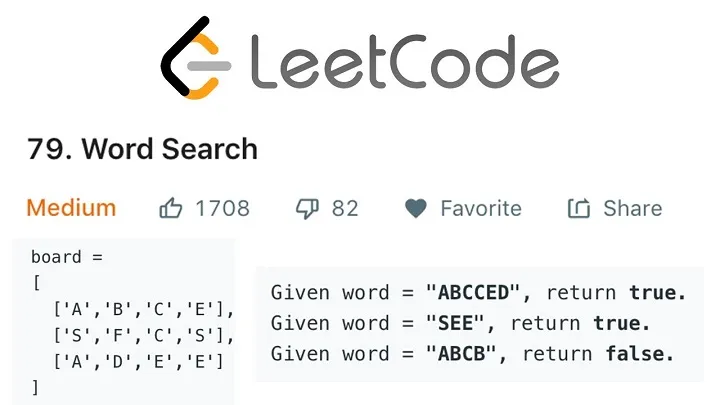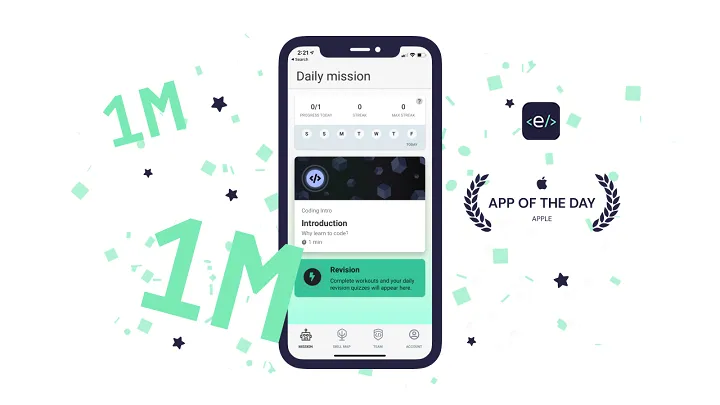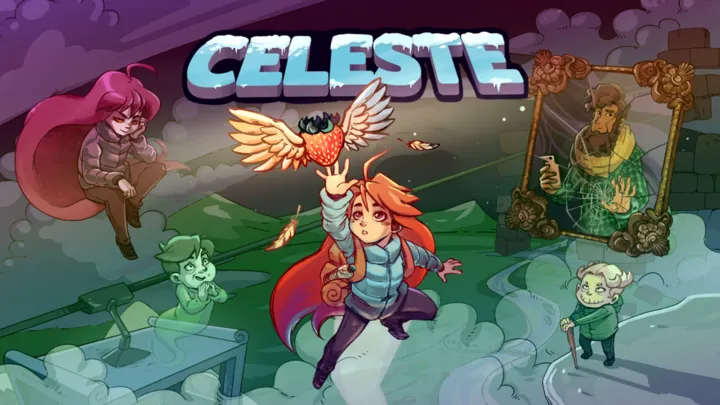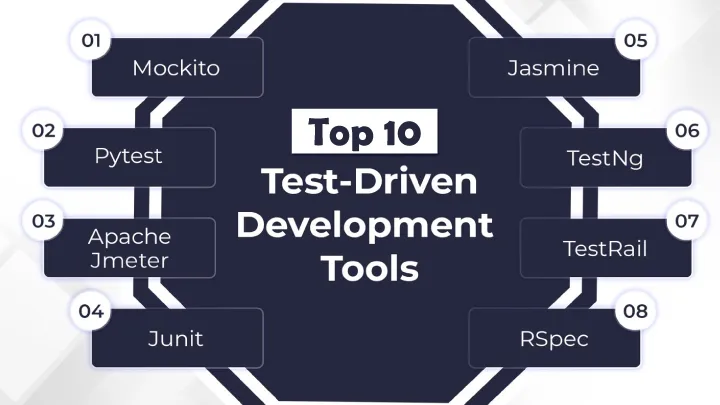Introduction
Competitive programming hones algorithmic thinking and efficient coding, crucial in 2025's tech landscape where platforms like Google and Meta scout talent via contests, and skills in dynamic programming, graphs, and binary search power AI optimizations and system designs. Mobile apps bring these challenges to your pocket, offering timed problems, leaderboards, and code editors for practicing on commutes or breaks, simulating real contest pressure without a PC. This review assembles the top 9 apps for competitive programming practice, vetted from 2025 app rankings, Codeforces blogs, and dev chatter on LeetCode forums and X. Each app unpacks features, strengths, and weaknesses (as seamless paragraphs), with an overall evaluation minus scores. From rookies grinding easy arrays to veterans chasing IOI-level graphs, these iOS- and Android-optimized gems provide over 2000 words of strategic insights to climb the ranks anywhere.
1. LeetCode

Overview: LeetCode's mobile app ports its vast problem library for practicing algorithms in Python, Java, C++, with mock interviews, contests, and discussion threads for on-the-go grinding.
Strengths: Thousands of tagged problems from easy two-sums to hard sliding windows let users filter by topic like trees or DP, with an in-app editor executing code instantly for validation. Weekly contests sync live on mobile, building contest stamina, while premium $35/month unlocks company-specific questions from FAANG. Community solutions and hints foster learning without spoilers, and progress stats track solve rates. Offline downloads queue problems for later, ideal for travel.
Weaknesses: Free tier limits contest access and advanced analytics, pushing upgrades for full utility. Mobile editor lacks debugger depth, frustrating complex backtracking tests. Overwhelm from sheer volume can stall beginners without guided paths.
Overall Evaluation: LeetCode reigns for interview-prep competitive practice, essential for job hunters, though its paywall tempers free-tier momentum.
2. Codeforces
Overview: Codeforces app delivers contest calendars, problem archives, and virtual participations in C++, Java, Python, with ratings and standings for global ranking on mobile.
Strengths: Real-time contest joining with timers mimics pressure, covering div1/div2 from basics to advanced segment trees. User ratings evolve with solves, motivating climbs, while problemsets tag difficulties for targeted drills. Free entirely, with offline reading of past editorials and submissions. Community upsolving via blogs integrates seamlessly, and API feeds keep standings fresh. Supports 10+ languages, suiting polyglots.
Weaknesses: Mobile UI crams standings, needing zoom for leaderboards. No built-in editor—external apps needed for coding, breaking flow. Contests favor desktop for speed typing.
Overall Evaluation: Codeforces thrives for authentic contest simulation and rating chases, but editor absence hampers pure mobile sessions.
3. HackerRank
Overview: HackerRank's app offers domain-specific challenges in algorithms, AI, and security, with leaderboards, certifications, and interview kits for practicing in multiple languages.
Strengths: Curated tracks like 30 Days of Code build streaks with daily problems on heaps or recursion, earning badges for consistency. In-app compiler supports 40+ languages, with test cases auto-running for quick iterations. Free certifications validate skills for resumes, while company challenges prep for targeted interviews. Offline mode saves progress, and skill reports analyze weaknesses like time complexity.
Weaknesses: Problems skew interview-oriented over pure competitive, missing olympiad flair. Ads in free version disrupt focus during timed solves. Mobile keyboard lags for pseudocode entry.
Overall Evaluation: HackerRank balances practice with certification perks, great for career boosters, though ads and focus dilute contest purity.
4. GeeksforGeeks
Overview: GeeksforGeeks app compiles practice problems, tutorials, and SDE sheets for algorithms like sorting and graphs, with code snippets and quizzes in C++, Java, Python.
Strengths: Topic-wise must-do lists curate 100+ essentials per category, like linked lists, with solutions and complexities explained. Quiz modes gamify revision, tracking scores for weak areas. Free access to vast archives, with offline downloads for articles. Company-wise prep sections align with Amazon or Microsoft patterns, and MCQs test theory alongside coding.
Weaknesses: Editor is basic, without full REPL for custom tests. Content overload buries gems in ads and pop-ups. Less emphasis on timed contests, favoring study over speed.
Overall Evaluation: GeeksforGeeks excels as a reference-packed drill sergeant for theory-backed practice, but clutter curbs seamless grinding.
5. SoloLearn
Overview: SoloLearn gamifies competitive coding with algorithm challenges in Python, C++, JS, via quizzes, playgrounds, and peer code battles for mobile duels.
Strengths: Free, ad-light community of 20M+ enables code sharing and reviews on problems like Fibonacci DP, earning XP for global ranks. Bite-sized challenges fit breaks, with instant execution and hints. Offline caching keeps momentum, while streaks reward daily solves. Covers basics to intermediates, blending fun with fundamentals.
Weaknesses: Limited advanced problems, skipping hard greedy or flows. Playground lacks contest timers or multiple test cases. Social distractions via chats can derail focus.
Overall Evaluation: SoloLearn injects joy into entry-level competitive practice, suiting social learners, but scales poorly for elite challenges.
6. Programming Hub
Overview: Programming Hub features 20+ language challenges with algorithm modules, compilers, and offline videos for practicing binary search, stacks, and more on mobile.
Strengths: Integrated compiler runs code across languages, with 5000+ examples for queues or trees. Pro $6.99/month adds certificates and ad-free mode, while offline access suits nomads. Visual aids like flowcharts clarify logic, and progress bars motivate completion. Broad coverage includes DS&A for interviews.
Weaknesses: Challenges feel tutorial-tied, less contest-like without timers. UI datedness slows navigation. Shallow depth on optimizations like Fenwick trees.
Overall Evaluation: Programming Hub offers versatile, certified practice for multi-language algo work, but lacks competitive edge for timed battles.
7. Enki

Overview: Enki's daily workouts drill competitive skills in data structures via adaptive Python/C++ challenges, flashcards, and leaderboards for retention.
Strengths: Personalized paths target gaps like hash maps, with 10-min sessions fitting commutes and streaks gamifying progress. Free basics cover arrays to graphs, premium $7.99/month unlocks advanced like tries. Analytics quantify improvements, mimicking contest stats. Offline drills ensure reliability.
Weaknesses: Short tasks skip full problem-solving arcs. No contest mode or multi-test validation. Focuses Python-heavy, light on others.
Overall Evaluation: Enki fosters habitual algo sharpening for busy coders, but brevity limits deep competitive immersion.
8. Codewars
Overview: Codewars app serves kata challenges ranked by difficulty in 50+ languages, with community-voted solutions and honors for creative problem-solving.
Strengths: Progressive kyu levels build from 8kyu strings to 1dan regex, with random pairings for variety. In-app editor tests against hidden cases, rewarding elegant code. Free with offline katas queued, community dojo ranks fuel competition. Diverse puzzles like golfing sharpen ingenuity.
Weaknesses: Mobile lacks full solution browsing, gating discussions. Some katas niche, straying from standard contests. No structured curriculum for topics.
Overall Evaluation: Codewars sparks inventive competitive practice through katas, ideal for creative twists, though unstructured paths wander.
9. CodinGame
Overview: CodinGame turns puzzles into multiplayer games in C++, Java, Python, with bots, clashes, and leaderboards for gamified competitive coding.
Strengths: Visual game interfaces make graph traversals fun, like AI bot battles, with real-time multiplayer for head-to-heads. Supports 25+ languages, free with offline puzzles. Clashes simulate contests, earning points for globals. Tutorials weave into challenges seamlessly.
Weaknesses: Game focus dilutes pure algo drills. Mobile controls finicky for bot tweaks. High difficulty spikes frustrate casuals.
Overall Evaluation: CodinGame gamifies competitive edges uniquely, engaging for multiplayer fans, but game layers may obscure core practice.
Conclusion
Practicing competitive programming on mobile catapults skills in 2025's algo-driven hiring wave, from ICPC dreams to Big Tech screens, and these nine apps forge warriors from anywhere. Beginners boot with SoloLearn's fun or HackerRank's tracks, elites raid LeetCode or Codeforces for glory. Gems like Enki's habits or CodinGame's games shine—but timers' scarcity or editors' limits urge multi-app arsenals. As AI judges evolve, they sync with contests' pulse. Solve daily, dissect TCs, swap apps to conquer boards and land dream gigs.

















